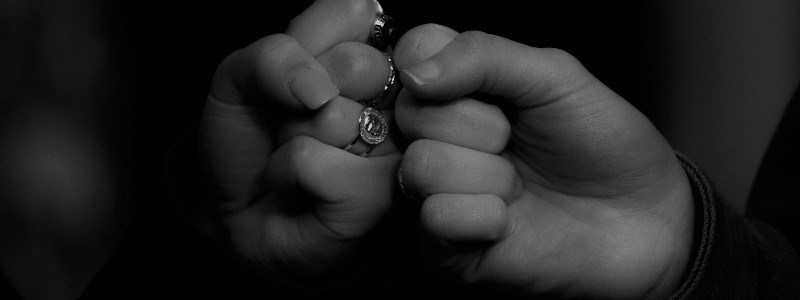Stop the Boats! You may be familiar with this recent government slogan referring to the persistent behaviour of vulnerable people, risking their very lives in setting out to sea in search of a better future. For me, regardless of how any of us might respond to this slogan in terms of our values or politics, the most deadening aspect of its expression is the injunction to stop doing something.
It is difficult to say the word ‘stop’ without frowning. Say the word ‘start’ and your face opens up. In the inherent wisdom of language, one word feels energy sapping to say, the other enlivening.
Stop the Boats! You may be familiar with this recent government slogan referring to the persistent behaviour of vulnerable people, risking their very lives in setting out to sea in search of a better future. For me, regardless of how any of us might respond to this slogan in terms of our values or politics, the most deadening aspect of its expression is the injunction to stop doing something.
It is difficult to say the word ‘stop’ without frowning. Say the word ‘start’ and your face opens up. In the inherent wisdom of language, one word feels energy sapping to say, the other enlivening.
Much of what appears in the media around the issue of migration is interwoven with metaphors of conflict and talk of enforcement, deterrents and exclusion. As a public response to behaviour that has become recognisably problematic, it has reminded me of personal behaviours at the individual level and how we as practitioners, alongside our clients, seek to make sense of those that have become challenging points of focus for them.
Thinking about unwanted behaviours of our own:
Oftentimes people seek therapy in response to a ‘stuckness’ they feel in some repeated behaviour or fixed way of relating. When I ask about their presenting issue, it’s understandable to hear many say, ‘I just want to stop doing X’. And as with the government’s ‘stop’ campaign, there can be a rush towards their need for relief, alongside a belief that ‘just’ stopping the behaviour will be the most effective route to change.
In the modality of Transactional Analysis (TA), we work with a model of the personality which suggests that our unhelpful ways of being are often related to aspects of ourselves that repeat parentally influenced or child-like processes, which we take on developmentally as part of equipping ourselves to deal with life. We call these processes Parent and Child ‘ego states’, or consistent patterns of thinking, feeling and behaving as our parents once did or as we once did as children.
While many of these processes may have worked for us before, some of them may now be causing us to feel stuck.
In terms of parental processes, part of an unwanted behaviour might be a debilitating voice of harsh self-criticism. Other behaviours might be related to a child-like over-adaptation to the wants of others in our lives. Both processes can lead to anxiety for us and contribute to conflict in our key relationships. And they can be such second nature for us to experience, that only a therapeutic relationship can help us fully identify how we might be limiting ourselves.
Exploring unwanted behaviours in therapy:
Working with these examples in therapy, we might feel a strong pull to concentrate the work on stopping the self-criticism or the automatic need to please others. But one way of conceptualising personal change is to think about our behaviours, however maladaptive we feel them to be, as simply forms of energy. And instead of an urgent focus on ‘stopping’ them, we might allow ourselves to become curious about them, how they recur, how they might have served us well in the past and how much of our energy they consume now.
And thereby we create a collaborative space to explore how we might ‘start’ to expend our energy in different ways, such as finding a more parentally nurturing voice for ourselves or experimenting with ways of asking others in our significant relationships to recognise our needs. By this means we might be said to pour our energy from one place to another in a way that diverts energy previously always available for the problematic behaviour.
Back to the boats slogan, I don’t think I’d be alone in suggesting that solving a complex problem of international migration with energy directed at enforcement and confinement might be better approached through energy channelled into inquiry about the complex reasons for the crossings and asking, ‘What could we start doing instead?’
It’s natural that when faced with a behavioural crisis we feel an urge to act in stopping ways that seek to suppress the symptoms of our difficulties. But if we bring our attention to the deeper meaning of our behaviours, we start to direct energy into new behaviours that can free us from feeling stuck.
To enquire about psychotherapy sessions with Chris Horton, please contact him here, or to view our full clinical team, please click here.
Chris Horton is a registered member of the British Association for Counselling & Psychotherapy (BACP) and a psychotherapeutic counsellor with experience in a diverse range of occupational settings. He works with individuals (young people/adults) in private practice. He is available at our Lewes and Brighton & Hove Practice.
Further reading by Chris Horton
You’re not watching me, Mummy!

